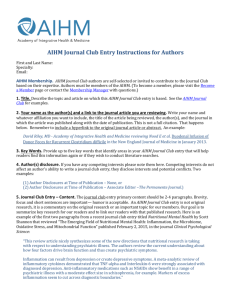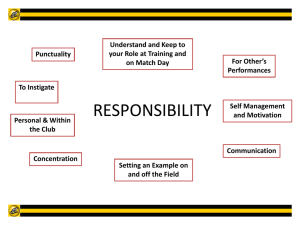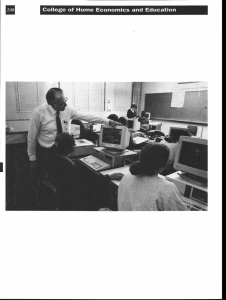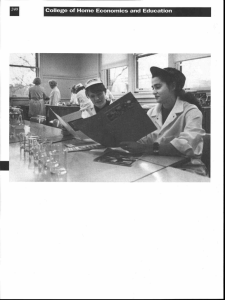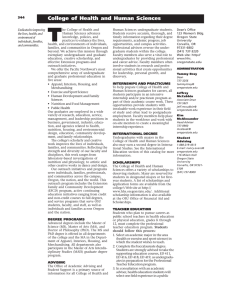Click here to enter text.
advertisement
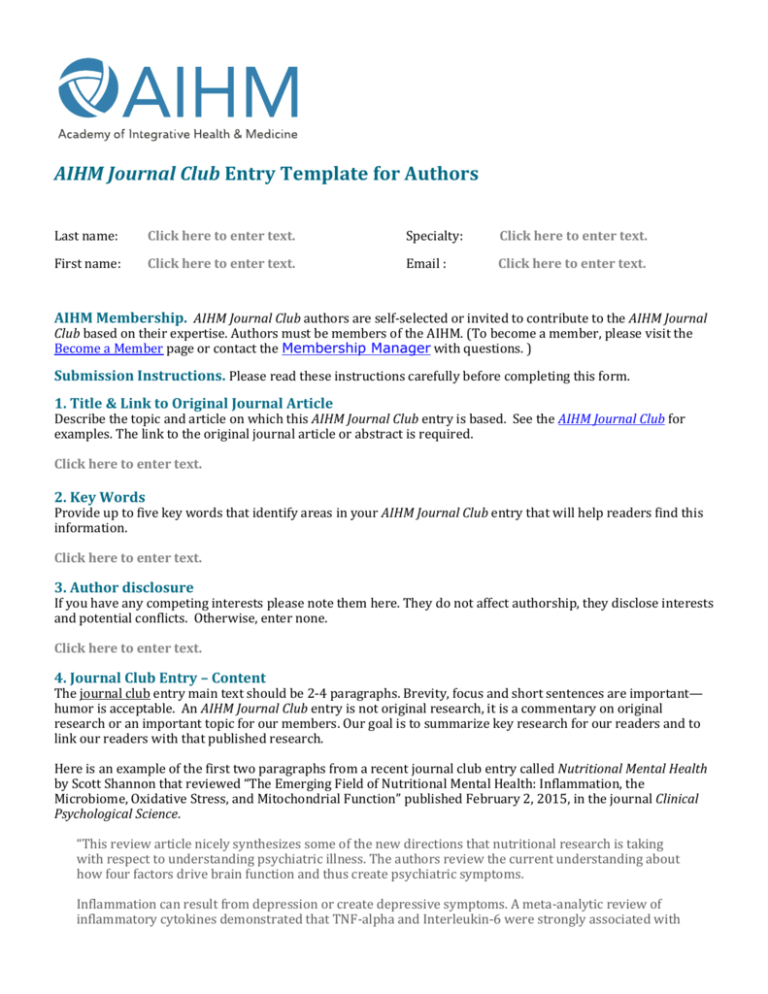
AIHM Journal Club Entry Template for Authors Last name: Click here to enter text. Specialty: Click here to enter text. First name: Click here to enter text. Email : Click here to enter text. AIHM Membership. AIHM Journal Club authors are self-selected or invited to contribute to the AIHM Journal Club based on their expertise. Authors must be members of the AIHM. (To become a member, please visit the Become a Member page or contact the Membership Manager with questions. ) Submission Instructions. Please read these instructions carefully before completing this form. 1. Title & Link to Original Journal Article Describe the topic and article on which this AIHM Journal Club entry is based. See the AIHM Journal Club for examples. The link to the original journal article or abstract is required. Click here to enter text. 2. Key Words Provide up to five key words that identify areas in your AIHM Journal Club entry that will help readers find this information. Click here to enter text. 3. Author disclosure If you have any competing interests please note them here. They do not affect authorship, they disclose interests and potential conflicts. Otherwise, enter none. Click here to enter text. 4. Journal Club Entry – Content The journal club entry main text should be 2-4 paragraphs. Brevity, focus and short sentences are important— humor is acceptable. An AIHM Journal Club entry is not original research, it is a commentary on original research or an important topic for our members. Our goal is to summarize key research for our readers and to link our readers with that published research. Here is an example of the first two paragraphs from a recent journal club entry called Nutritional Mental Health by Scott Shannon that reviewed “The Emerging Field of Nutritional Mental Health: Inflammation, the Microbiome, Oxidative Stress, and Mitochondrial Function” published February 2, 2015, in the journal Clinical Psychological Science. “This review article nicely synthesizes some of the new directions that nutritional research is taking with respect to understanding psychiatric illness. The authors review the current understanding about how four factors drive brain function and thus create psychiatric symptoms. Inflammation can result from depression or create depressive symptoms. A meta-analytic review of inflammatory cytokines demonstrated that TNF-alpha and Interleukin-6 were strongly associated with diagnosed depression. Anti-inflammatory medications such as NSAIDs show benefit in a range of psychiatric illness with a moderate effect size in schizophrenia, for example. Markers of excess inflammation seem to cut across diagnostic boundaries.” Click here to enter text. 5. Commentary Comment on why and how this article and topic are important and relevant to clinicians interested in integrative health and medicine. What are the 'take-away' messages in 3-4 sentences? Click here to enter text. 6. Citations List the article you reviewed for this AIHM Journal Club entry. Other relevant publications or websites may be included.. Here is an example from the AIHM Journal Club entry mentioned above: • Kaplan BJ, Rucklidge JJ, Romijn A, and McLeod, K “The Emerging Field of Nutritional Mental Health: Inflammation, the Microbiome, Oxidative Stress, and Mitochondrial Function.” Clinical Psychological Science, February 2, 2015, doi: 10.1177/2167702614555413 Click here to enter text. 7. Excerpt Your excerpt is a concise (one-to two-sentence) summary of the entry that will be referenced in the system’s index and AIHM’s social media channels promoting your contribution. Click here to enter text.
